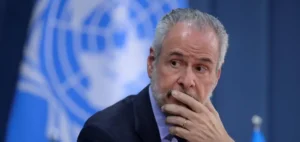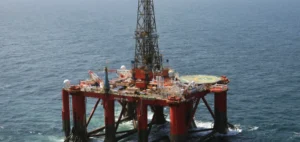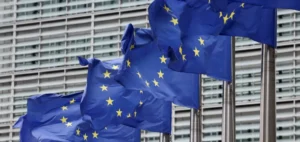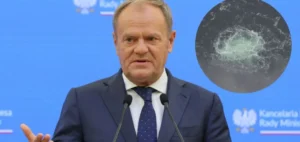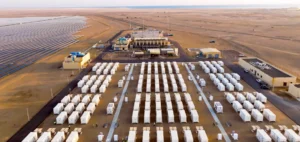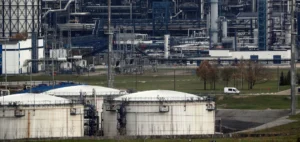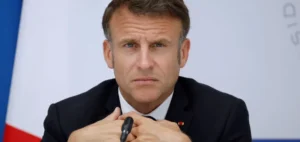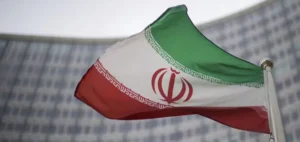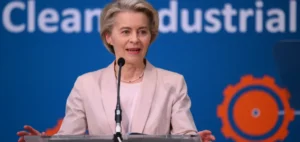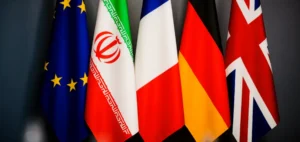The British government announced on Monday the launch of a new undersea power cable project between the United Kingdom and the Netherlands, which will also have the distinction of being connected to offshore wind farms and will be able to supply 1.8 million homes across the Channel.
The new connection, named LionLink, will be developed by the British electricity grid operator National Grid and the Dutch TenneT and “will be operational in the early 2030s,” London said in a statement. This announcement comes in the midst of a summit in Belgium on Monday that brought together nine European countries, including the United Kingdom and the Netherlands, as well as France, to seal their common ambition to increase their wind power capacity in the North Sea tenfold.
Unlike a conventional cable that connects two countries, the new project will link the two countries and “simultaneously offshore wind farms in the heart of the North Sea”. This is only the second such project in the world, according to the release. But with a capacity of 1.8 GW, it will be more than four times as powerful as the first connection of its kind, built between Germany and Denmark, the British government said. “With the strong ties we have with our northern European neighbors gathered today at the North Sea Summit” the UK intends “to send a strong signal to Putin’s Russia that its days of dominance in global electricity markets are well and truly over,” according to British Energy Minister Grant Shapps, quoted in the statement.
The United Kingdom currently has six electrical links with the continent, including three with France and already one with the Netherlands, but also with Belgium and since October 2021 with Norway, thanks to a submarine electrical cable of some 720 kilometers.
Other projects include a giant power cable between the UK and Germany. Norway rejected an electricity interconnection project with Scotland in March amid debate over the country’s energy autonomy and the relevance of exporting electricity.









